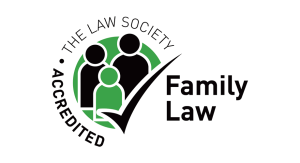Our services
Buying, selling and remortgaging
Private Client
Family Law
Commercial Sales and Purchases
Clinical Negligence
Wills
Probate and Estate Administration
Lasting Powers of Attorney
Trust, Tax & Estate Planning
Court of Protection
Change a Will: Deeds of Variation
Request a call back
MENU






